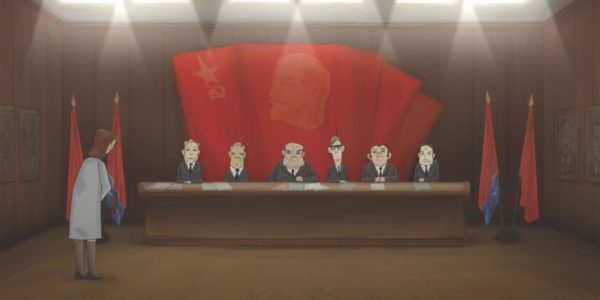Beata Bruggeman-Sękowska
100 years ago, on February 25th of 1921, the Soviet 11th Red Army entered Tbilisi, Georgia.
February 25th, thus, went down in Georgia’s history as one of the most tragic dates – the Day when Georgia was ‘Sovietised’.
Despite the heroic sacrifice of the Georgian people, in 1921 the First Democratic Republic of Georgia ceased to exist. The government, refusing to capitulate to the Soviets, was exiled to France, with Georgia losing its independence for 70 years.
Russia broke the agreement brokered with the Democratic Republic of Georgia on May 7th of 1920, neglecting international law and, with the aim of changing the political order within Georgia, occupied it via the means of military intervention.
Despite the support of Western European states, Georgia, with all odds stacked against it, lost the battle, with the Soviets managing to effectively annex the isolated country without an official declaration of war. Georgia found itself alone against the biggest repressive machine of the Soviet state, which radically altered the country’s internal, as well as external political vectors, separating it from Europe for almost a century.
On July 21, 2010, Georgia declared February 25 as Soviet Occupation Day to recall the Red Army invasion in 1921.
Each year various memorial events are organized every February 25 including flying the national flag half-mast to commemorate victims of political repressions of the Communist occupational regime.

Image and sources: Embassy of Georgia in the Netherlands




Follow Us!